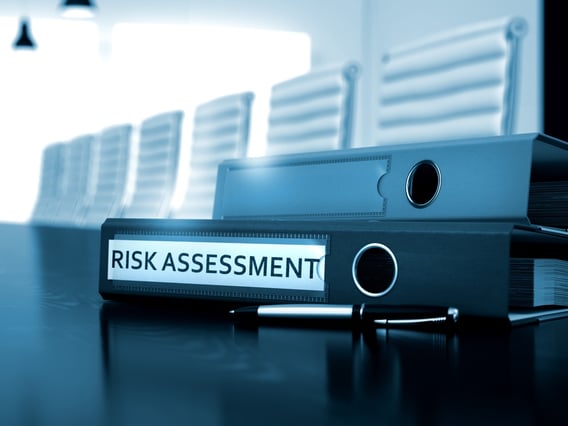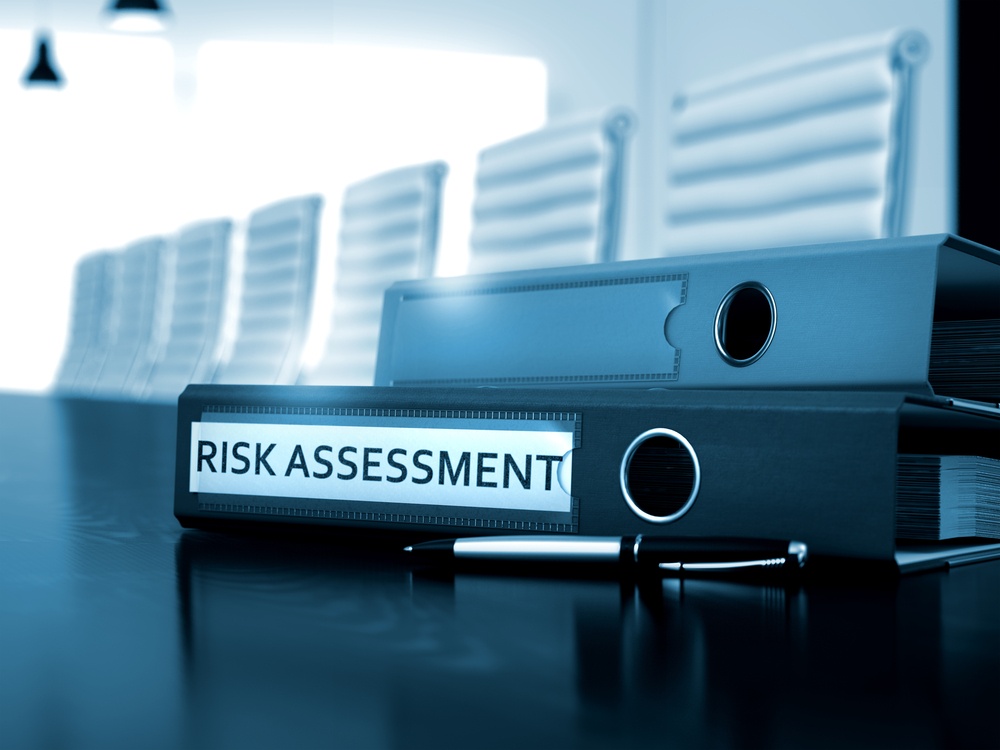
There is much confusion surrounding the subject of legionella risk assessment advice for landlords of private residential properties. It is crucial that landlords are aware of their legal responsibilities and lettings and property management agencies give correct advice.
Domestic hot and cold water systems are likely to provide favourable conditions for the growth of the group of bacteria known as Legionella, the causative agent of Legionnaires’ disease. Legionella is likely to grow where water is stored for any length of time, temperature is between 20-45°C and there are deposits such as rust and scale which can provide nutrients. Legionnaires' disease develops following the inhalation of small droplets of water from water outlets containing the bacteria.
Landlord Legionella Risk Assessment: In the eyes of the law
Contrary to recent reports, there has been no change to UK legislation with regard to the requirements for Legionella risk assessments. However, Section 3(2) of the Health and Safety at Work Act 1974 (HSWA) requires landlords to ensure that their tenants are not exposed to health and safety risks. The Control of Substances Hazardous to Health Regulations 2002 (COSHH) provides a framework of actions to control the risk from a range of hazardous substances, including biological agents. This includes a requirement for landlords of both domestic and business premises to assess the risks of exposure to Legionella. While it is not a legal requirement to produce a Legionella water sample test certificate, a landlord may be liable to prosecution under HSWA if a tenant were to contract Legionnaires’ disease from the water system in their home. The landlord would then have to provide evidence to a court that they had fulfilled their legal responsibility.
Landlord Legionella Risk Assessment: Levels of risk considered
With this in mind, landlords would be wise to consider levels of risk within their properties and take appropriate action. Since the threat of the water system becoming contaminated with Legionella is higher when water is allowed to stagnate, high risk properties include those that have stood empty for any length of time such as student accommodation. To help control the risk of exposure to Legionella the HSE advises flushing out the system, avoiding debris getting into it, setting temperature control parameters and removing redundant pipework.
The Brodex Legionella risk assessment service reassures landlords that the domestic water system has been reviewed and treated to the HSE’s Approved Code of Practice on Legionella prevention, L8.
For more information click here or speak to our friendly team of experts here.






